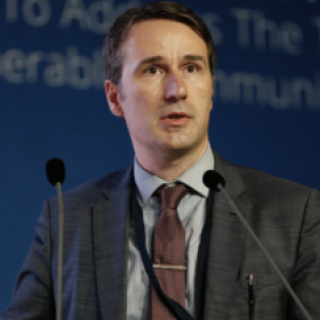Over the twenty years since the start of the Global War on Terror, the approach to counter-terrorism has remained overwhelmingly focused on security-dominated responses, despite such approaches repeatedly proving insufficient to prevent and counter the spread of violent extremism across the globe. Despite evidence and experience demonstrating that strategic, comprehensive, and holistic approaches can wield a far greater – and more lasting – impact on the prevention and countering of violent extremism, P/CVE remains under-utilised.
At the heart of P/CVE is the need to address the myriad of factors that can fuel violent extremism, including discrimination and marginalisation, poor governance and lack of accountability of the state. For this reason, successful P/CVE approaches must be underpinned by – and in many cases actively work to strengthen – human rights and the rule of law in communities affected by terrorism and violent extremism.
Additionally, P/CVE approaches are inherently multidisciplinary. They should complement the efforts of law enforcement and intelligence agencies, but also empower a vast network of actors at the local, national, regional, and global level. This means that policymakers and practitioners should be prepared to engage with youth, women, religious leaders, civil society organisations (CSOs), healthcare providers, teachers, correctional officers, and many others.
Across the board, P/CVE approaches should always be grounded in a robust monitoring and evaluation framework, finding a way to build upon lessons learned and best practices while remaining tailored to the local context.




















































































